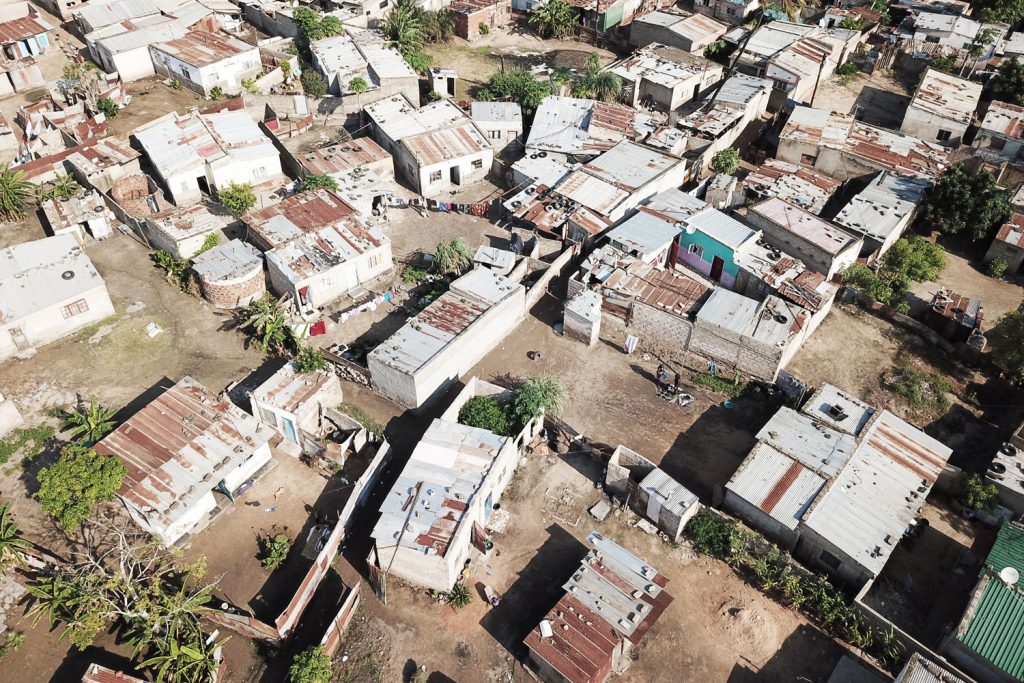
In sub-Saharan Africa, the urban majorities are financially excluded from the formal housing markets and reside in informal settlements. Limited knowledge on the development of informal settlements compromises the efficacy of urban planning and policies targeting such areas. This study presents an analysis of informal urban land use in four major cities in East Africa, as well as an analysis of urban form and household conditions in a case study area in each city. The study found more compact urban form, higher levels of tenants and overcrowding, and lower levels of access to water and sanitation in the examined cities with limited informal urban land use. The study argues that government repression of informal urban development decreases informal land supply and leads to increased competition in the informal land market, causing higher costs of accommodation and consequent fewer household resources for investments in infrastructure and thereby more compromised livelihood. The study argues that governments should accept some modes of informal development, simplify the urban development administration processes, and use technological innovation in land surveys and management, in order to lower costs of accommodation and improve livelihoods for the urban majority financially excluded from the formal housing market in East Africa.
Read more here.